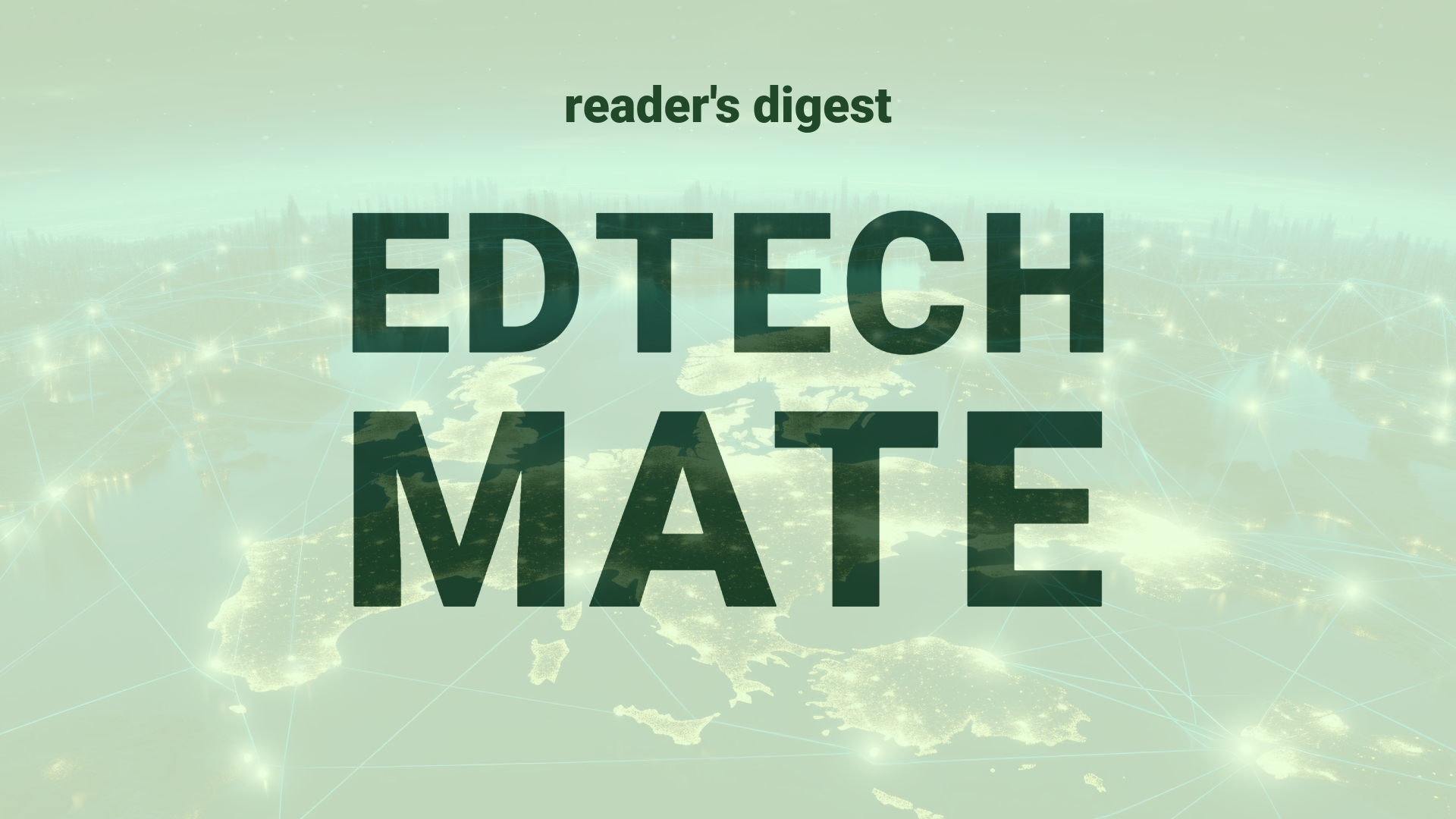Executive Summary and Main Points
Machine learning (ML) has emerged as a transformative force in various sectors, including education. Initially coined in 1959, ML now utilizes algorithms that learn from data, detect patterns, and improve over time, without explicit programming. Deep learning, a subset of ML, further refines this capability by using neural networks to process and recognize complex features in data. The inception of generative AI (gen AI) like ChatGPT has made AI accessible to a broader audience, showcasing its significant impact across industries.
Potential Impact in the Education Sector
The advent of machine learning and deep learning harbors profound implications for Further Education, Higher Education, and Micro-credentials. These technologies can revolutionize learning analytics, personalized education paths, and optimize administration and operations through predictive maintenance and logistics. Strategic partnerships and digitalization further enhance these prospects by amalgamating educational expertise with cutting-edge technology, offering refined, demand-oriented educational services globally.
Potential Applicability in the Education Sector
Innovative applications of AI and digital tools abound in global education systems. ML can aid in crafting customized learning experiences, automating assessment processes, and facilitating real-time feedback mechanisms. Deep learning could be employed to analyze complex educational data sets for insights into student learning patterns, while gen AI models could generate educational content and simulate sophisticated educational scenarios for enriched learning environments.
Criticism and Potential Shortfalls
Despite the potential, there are legitimate criticisms and challenges concerning the use of ML in education. Ethical concerns regarding data privacy, biased algorithms resulting from flawed training data, and the potential for cultural insensitivity through global standardization are critical to address. Comparative international case studies demonstrate varying outcomes in different educational contexts, highlighting the need for careful, context-specific implementation of these technologies.
Actionable Recommendations
For the meaningful incorporation of education technology, it is imperative to first identify the unique challenges as machine learning problems. Placing ML at the core of academic institutions’ technology architecture is essential for integration. A human-centered talent strategy is crucial to ensure that educational staff are prepared for and capable of harnessing the power of AI tools. Educational leaders should embrace these insights to ensure their institutions remain at the forefront of technological advancements in global higher education.
Source article: https://www.mckinsey.com/featured-insights/mckinsey-explainers/what-is-machine-learning

